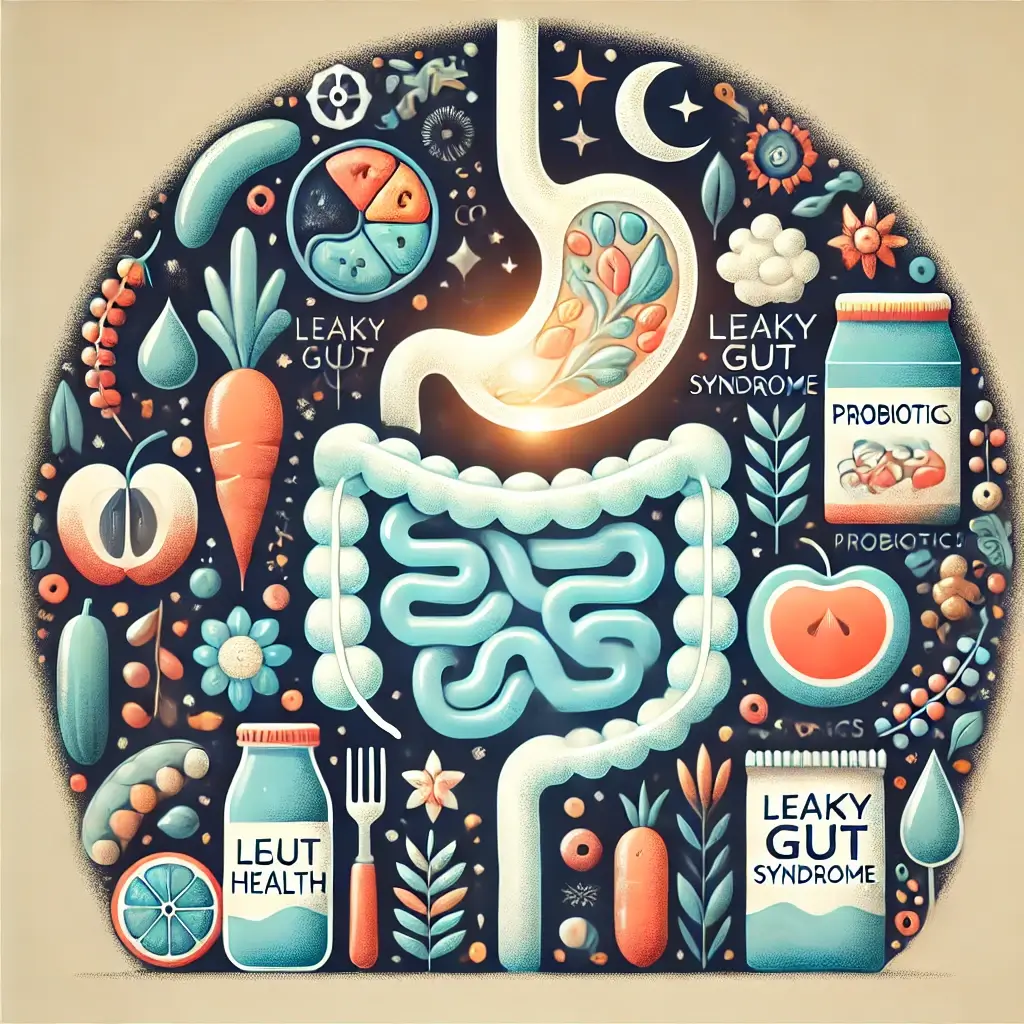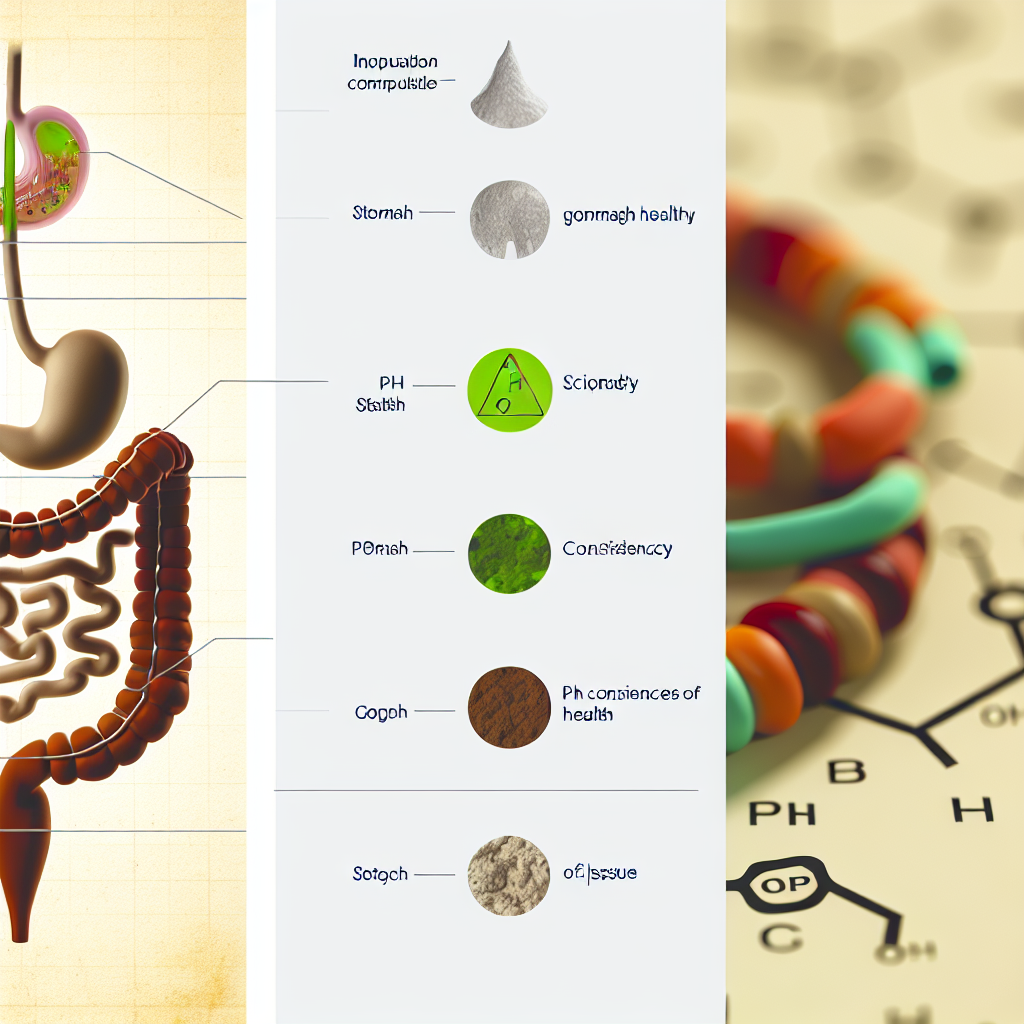Recent research has shown exciting findings on the correlation between gut bacteria and obsessive eating behavior. Below is an analysis of a significant research paper that was released in 2024:
The study:
A study conducted in 2024 and published in the “Gut” magazine examined the possible correlation between gut flora and compulsive eating in people and animals.
The researchers analyzed the gut microbiota, a collection of bacteria residing in the digestive system, in individuals exhibiting compulsive eating behaviors and compared their findings to those of individuals who did not.
Observations: The investigation unveiled apparent disparities in gut microbiota between the two groups. Individuals with compulsive eating displayed a greater prevalence of Proteobacteria, a species of bacteria, and a reduced prevalence of Actinobacteria and Blautia, other groupings of bacteria.
Comparable observations were made in mice selectively bred to exhibit a predisposition for excessive eating episodes. The researchers discovered that elevating the levels of Blautia in these mice reduced obsessive eating behaviors.
Possible consequences:
This study emphasizes the possible impact of gut bacteria on eating behavior and obsessive eating disorders, shedding insight into the gut-brain connection. There is an indication of a correlation between the gut microbiome and the brain’s reward system, which controls desires and drive.
Potential Therapeutic Applications: The results suggest that prebiotics (nourishment for beneficial bacteria) or probiotics (supplements containing live bacteria) could be utilized to alter gut microbiota and potentially alleviate obsessive eating tendencies. Nevertheless, further investigation is necessary to validate these potentialities.
This study on gut microbiota and compulsive eating shows excellent potential and paves the way for further exploration.
Key Factors to Take into Account:
Early Stage Research: It is crucial to remember that this field of research is quite nascent. Further research is required to comprehensively comprehend the causal connection between gut microbiota and compulsive eating.
Individual Differences: Each individual’s gut microbiome is distinct, and the influence of particular bacteria may differ based on individual characteristics.
Additional sources of information:
Original study Paper: If you can access academic publications through your local library or university, you may locate the original study paper directly.
To find news articles on gut bacteria and compulsive eating, search online using the keywords “gut bacteria compulsive eating study.”
The National Institute of Mental Health provides information on eating disorders. You can find more details at this website: https://www.eatingdisordercenter.org/new-hampshire-treatment-program/
In summary:
This study on gut microbiota and compulsive eating shows excellent potential and paves the way for further exploration. Further research is required to establish conclusive treatment methods, but it emphasizes the possibility of controlling compulsive eating by modifying the composition of gut flora.

Dominic E. is a passionate filmmaker navigating the exciting intersection of art and science. By day, he delves into the complexities of the human body as a full-time medical writer, meticulously translating intricate medical concepts into accessible and engaging narratives. By night, he explores the boundless realm of cinematic storytelling, crafting narratives that evoke emotion and challenge perspectives.
Film Student and Full-time Medical Writer for ContentVendor.com




